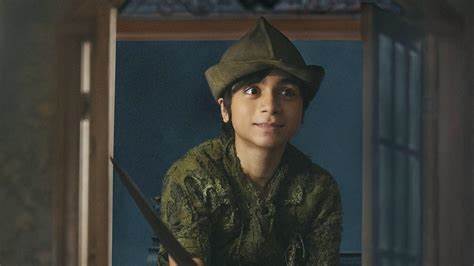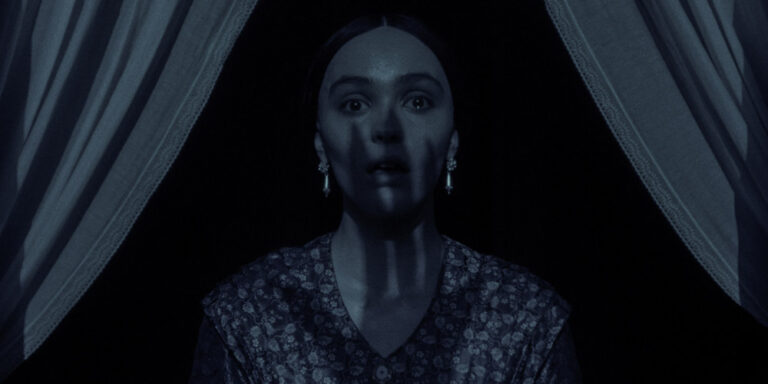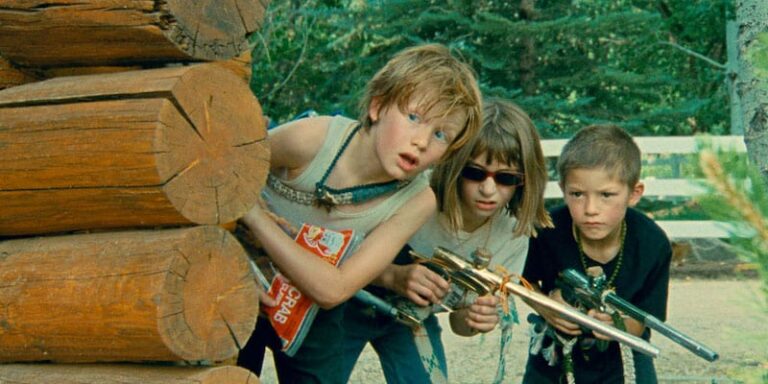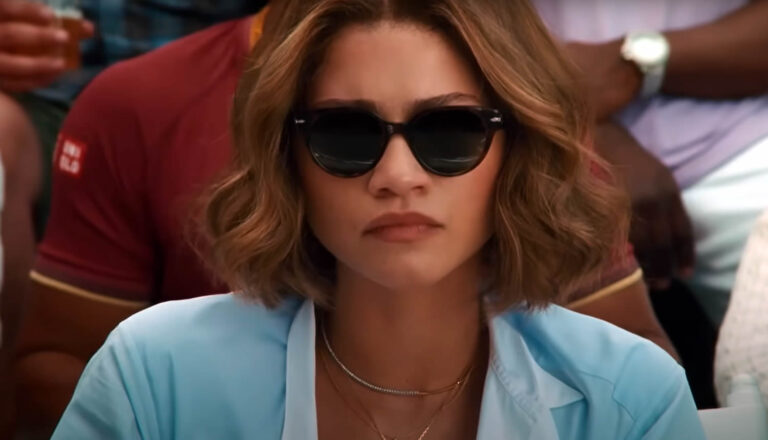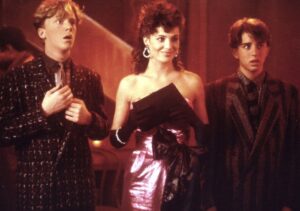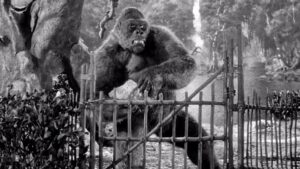Directed by David Lowery
Written by David Lowery and Toby Halbrooks
Starring:
- Alexander Molony as Peter Pan
- Ever Anderson as Wendy Darling
- Jude Law as Captain Hook
- Yara Shahidi as Tinker Bell
- Alyssa Wapanatâhk as Tiger Lily
- Jim Gaffigan as Smee
- Joshua Pickering as John Darling
Rating: ![]()
Few stories have captured the imaginations of generations quite like Peter Pan, J.M. Barrie’s timeless tale of adventure, youth, and the bittersweet inevitability of growing up. A narrative that balances whimsy with profound introspection, Peter Pan has seen countless adaptations, each attempting to capture its delicate essence. Disney’s latest live-action iteration, Peter Pan & Wendy, enters the ever-growing collection of the studio’s modern reimaginings—films that, more often than not, trade the magic of their predecessors for digital gloss and misguided revisionism. While director David Lowery attempts to imbue the classic story with thematic depth, his vision is ultimately compromised by inconsistent storytelling, uninspired performances, and a reliance on visual artificiality that strips Neverland of its wonder.
At its outset, Peter Pan & Wendy presents itself as a story centered on Wendy Darling (Ever Anderson), shifting the focus away from Peter Pan in favor of her personal coming-of-age journey. It is a promising adjustment—Wendy, after all, is the only character in Barrie’s tale who must reconcile childhood fantasies with the realities of adulthood. The film initially situates her as the emotional anchor, offering glimpses of insight into her apprehensions about growing up. However, just as it begins to develop this perspective, the narrative abruptly pivots to a backstory concerning Captain Hook (Jude Law), reorienting the film’s purpose without warning. This inconsistent narrative structure creates a film that never fully settles into its own identity, leaving it stranded between nostalgia and reinvention without fully committing to either.
Unfortunately, the performances do little to salvage the film’s wavering intent. Alexander Molony’s Peter Pan lacks the vibrancy and mischievous charm essential to the character, rendering the legendary figure strangely unremarkable. Jude Law, on the other hand, offers a compelling interpretation of Captain Hook, infusing the villain with a sense of weariness that adds depth to his motivations. Law’s performance provides the film with rare moments of intrigue, though it is ultimately undercut by a script that never fully realizes its thematic ambitions. Yara Shahidi’s Tinkerbell, despite her ethereal presence, is relegated to a passive role, functioning more as a visual element than a meaningful participant in the story.
The film’s technical execution, however, is perhaps its greatest downfall. Neverland, a realm that should brim with imagination and untamed beauty, is rendered sterile through excessive CGI. The heavy-handed digital effects create a world that feels more synthetic than immersive, erasing the organic charm that makes the setting so captivating. Worse still, the film’s lighting design alternates between extremes—scenes are either shrouded in shadow or aggressively overexposed, robbing the film of visual consistency. Rather than enhancing the storytelling, the film’s aesthetic choices only serve to highlight its artificiality, making it difficult to engage with its narrative on an emotional level.
Despite its flaws, Peter Pan & Wendy is not an entirely hollow endeavor. The film’s attempts at thematic exploration—however inconsistently executed—suggest a desire to deepen the story’s meaning. Certain sequences, particularly those centered on Wendy’s evolving perspective, offer moments of sincerity. Yet, these glimpses are fleeting, overshadowed by the film’s indecisiveness and technical shortcomings. The pacing, while manageable, fails to compensate for the film’s broader structural flaws.
In the end, Peter Pan & Wendy is yet another Disney remake that mistakes reverence for storytelling. It borrows elements from its predecessors without improving upon them, existing more as an obligatory update than a meaningful reimagining. While it is not an outright catastrophe, it is far from essential—merely another version of Peter Pan, offering little beyond what has been told before.
